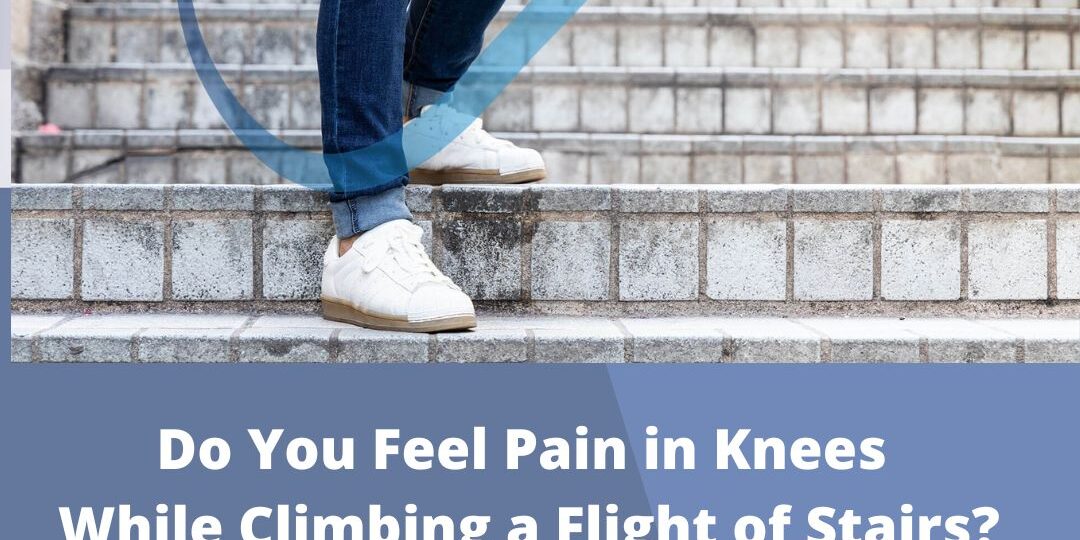Does climbing the set of stairs seem a challenging task? It’s natural to feel exhausted after repeatedly going upstairs and downstairs. But, if the problem has reached a stage where each step causes extreme discomfort and unbearable pain in your joints, this might be a cause of concern. It’s also a sign you need to see an orthopedic doctor in Thane, Mumbai.
The most common cause of knee pain caused during climbing stairs is the runner’s knee. It happens when the smooth cartilage surrounding the knee cap is damaged due to an accident or starts wearing down because of aging. This patella should move in the groove as you move your knee. A normal patella slides up and down within this area only. However, those with a runner’s knee experience extreme friction and rubbing when climbing stairs, straightening their knees, or bending.
What Causes a Runner’s Knee?
Runner’s knee doesn’t only occur to runners, athletes, and people who practice several knee movements regularly. It’s a broad term implying many knee problems that can impact your mobility. The most common cause of a runner’s knee, also known as chondromalacia patella, is a severe hit to the knee. Here are other causes.
- Practicing strenuous physical exercises that put too much weight on your knee and irritate the surrounding structure.
- Incorrect structure of your knee anatomy — the bones are not lined up well.
- Weak thigh muscles
- Less muscle mass and obesity
The condition is most frequently seen in people involved in activities involving repetitive knee joint movement, for example, biking, running, or sports. Regular pressure on the knee can cause muscular imbalance where the patella moves out of the groove, causing friction. As a result, you might experience pain while running, standing for a prolonged period, squatting, climbing stairs, walking downhill, etc.
Arthritis
Arthritis is another common cause of knee pain. It’s become so prevalent that over 350 million people in the world are diagnosed with this condition. Arthritis is the inflammation and tenderness in your knee joints. It starts with mild pain in your knee when you are practicing squats or other knee movements until the knee joint is damaged to the point that the pain hampers your complete mobility.
Arthritis occurs when the space between the several joints in your knee diminishes, causing rubbing and friction between these joints. Unfortunately, knee replacement is the only viable way to get rid of this severe pain. You need to consult the best knee replacement surgeon in Mumbai to discuss your treatment options. If the pain in the knee co-exists with the following symptoms, you might have developed osteoarthritis.
- Swelling and inflammation
- Limited range of motion
- A popping or locking sound from the knee during walking, running, and other movements
- Stiff knee
The condition is most common in middle-aged and older people, although children can also develop arthritis. If you experience difficulty bending, straightening, and moving your knee, book an appointment with a knee specialist in Mumbai.
How to Get Rid of the Knee Pain When Climbing Stairs?
Maintaining the proper alignment of your knee joints is the only effective way to avoid a runner’s knee. The balanced muscles surrounding your knee cap keep the patella stabilized and within the groove, preventing friction during movements. Pay special attention to your knee alignment and posture, especially when climbing stairs. Besides, avoid any activities that put unnecessary weight on your knees. Contact a knee specialist if you still experience discomfort while climbing stairs or walking downhill. They will identify the cause of the pain and suggest the most suitable treatment.







